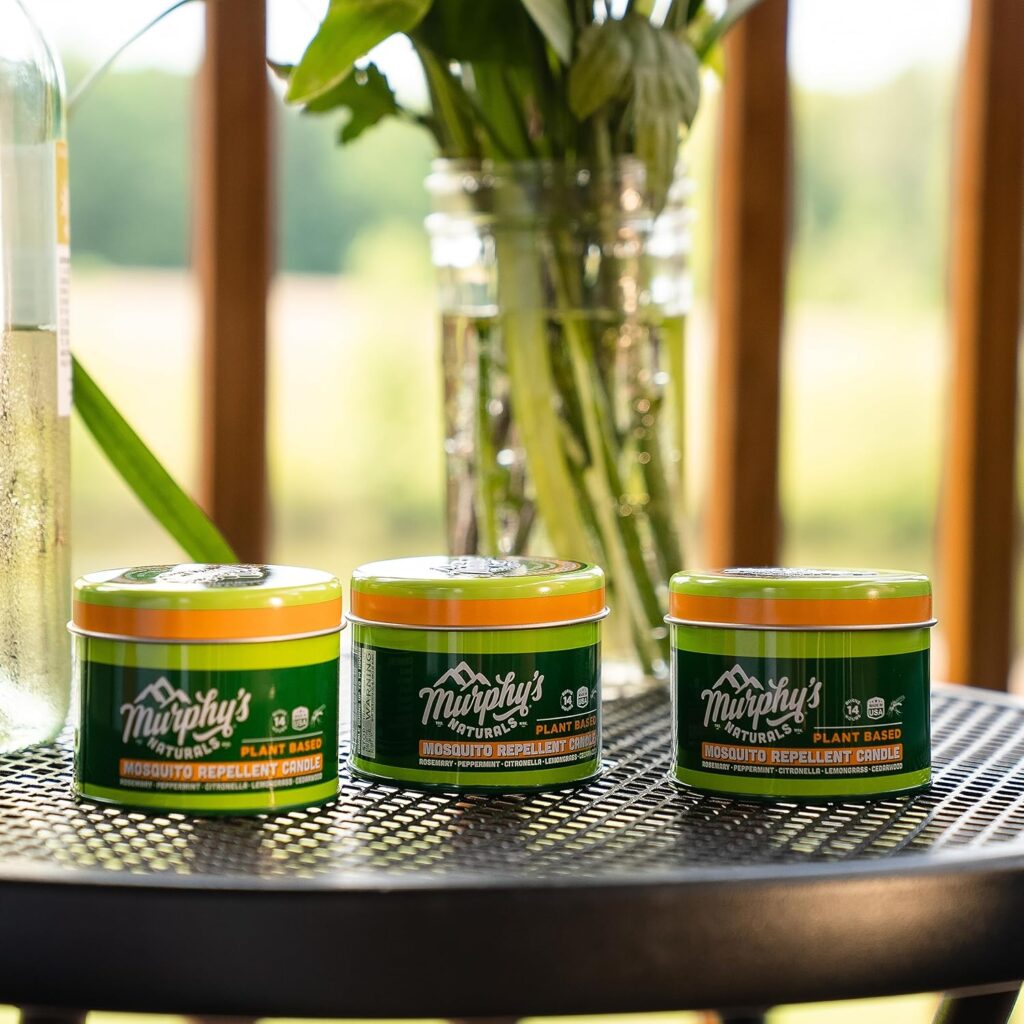Fruit flies — those persistent, buzzing nuisances that seem to materialize around any ripe fruit. While these tiny insects may appear harmless, their presence can quickly become a frustration.
This guide walks you through the best methods for getting rid of fruit flies, exploring preventive measures, natural remedies, and when to seek professional help.
Understanding the Threat: Why Fruit Flies Thrive in Kitchens

Before you learn how to deal with fruit flies, it’s crucial to understand why your kitchen might be a haven for these pests.
These insects are drawn to three primary factors:
- Ripeness: Fruit flies are attracted to the sugars and yeasts released by ripening fruits. Overripe or damaged produce becomes particularly susceptible to infestation.
- Moisture: Fruit flies require moisture for survival. Leaky faucets, damp dishcloths, and condensation around garbage disposals can all create attractive breeding grounds.
- Organic Matter: Spilled food or beverage remnants, decaying organic material in drains, and even overflowing compost bins provide food sources for fruit flies.
Consequences of a Fruit Fly Infestation
While fruit flies might seem like a minor annoyance, their presence can have negative implications:
- Food Spoilage: Fruit flies lay their eggs on ripening fruits, accelerating the spoilage process. This can lead to wasted food and unnecessary grocery expenses.
- Disease Transmission: Though uncommon, fruit flies can carry and transmit bacteria on their tiny bodies. This poses a potential health risk, particularly if they come into contact with food preparation surfaces.
- Nuisance Factor: The constant buzzing and presence of fruit flies can be frustrating and disrupt mealtimes.
Taking Action: Effective Strategies to Get Rid of Fruit Flies
The good news is that there are several effective methods for eliminating fruit flies and preventing future infestations.
Prevention Is Key
- Store Fruits Properly: Ripe fruits should be kept in the refrigerator whenever possible. Unripe fruits can be stored on the counter but inspect them regularly for signs of spoilage and remove any damaged items.
- Maintain Cleanliness: Wipe down kitchen surfaces regularly, paying close attention to areas where fruit flies might congregate, such as countertops near ripening fruits and around garbage disposals.
- Empty Trash Regularly: Don’t allow fruit scraps and other organic materials to accumulate in your trash can. Empty it daily and ensure the lid is secure.
- Address Drainage Issues: Fix leaky faucets and repair any areas of moisture buildup around sinks and drains.
Natural Remedies for Active Infestations
- Apple Cider Vinegar Trap: Combine apple cider vinegar with a few drops of dish soap in a small bowl. The sweet vinegar attracts the flies, while the soap disrupts their surface tension, causing them to drown.
- Fruit Fly Trap: Commercially available fruit fly traps utilize attractants and drowning mechanisms to capture these pests.
When to Seek Professional Help
If you’ve implemented these strategies yet the fruit fly population persists, it might be time to call a professional pest control service. This might be necessary if:
- The Infestation Is Extensive: If the fruit flies seem to be multiplying despite your efforts, professional intervention with targeted insecticides and breeding site identification may be necessary.
- Underlying Issues Exist: Persistent fruit fly problems can sometimes indicate hidden areas of moisture buildup or decaying organic matter that requires professional attention to locate and address.
Maintaining a Fruit Fly-Controlled Kitchen
By following these tips and consistently practicing proactive hygiene measures, you can effectively control fruit flies and create a less hospitable environment for them in the future. A clean and well-maintained kitchen is the best defense against these tiny invaders.
If you have more questions about pest control for fruit flies, reach out to our team today.








